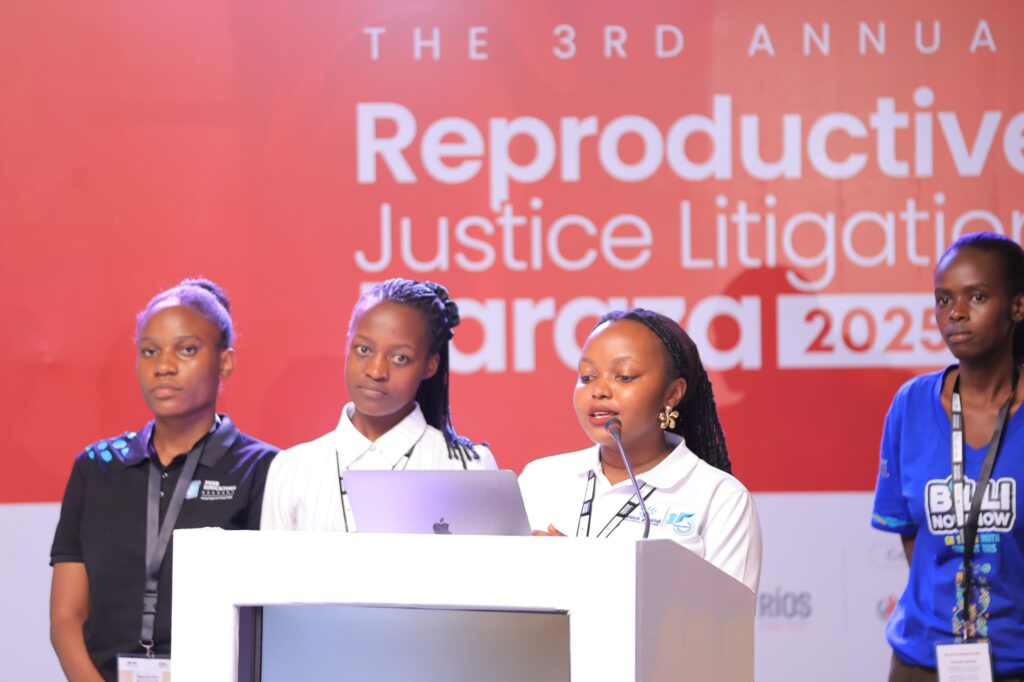Civil Society activists have called upon legislators to review reproductive health laws in a bid to make reproductive health rights accessible.
The appeal was made during the prebaraza dialogue on reproductive rights and incarceration held at the Serena Hotel in Kigo under the theme;“GN Trybe Billi Now Now Pre-Youth Baraza,”
Humphrey Nabimanya, CEO of Reach A Hand Uganda, highlighted several restrictive reproductive laws that affect young people from menstrual health in detention to the criminalization of abortion.
“From menstrual health in detention, to the criminalization of abortion, to access to legal aid and dignity while locked up, these issues are real. But so are our solutions,” Nabimanya said. “Let’s bring the vibes, the ideas, the truth and let’s make this Baraza more than just a talk shop. Let us spark a shift.”
Senior Superintendent of Police Jackson Muchunguzi spoke about systemic gaps in child protection, emphasizing that broken families and a lack of support systems often lead children into conflict with the law.
He urged young people to “do the right thing,” while highlighting the realities of Uganda’s remand homes and the emotional neglect many children face.
The event also featured research findings from Afya na Haki on infanticide and reproductive oppression in Ugandan prisons.
The research highlighted stories like that of a 15-year-old imprisoned after giving birth alone which underscores the need for reforms in education, legal frameworks and family planning access.
While the Children (Amendment) Act of 2016 and the Constitution of Uganda guarantee the rights of children and young people, the pre-baraza participants noted that implementation remains a challenge.
The event was organized Reach A Hand Uganda and Afya na Haki to address issues like restrictive laws, unsafe health care and discriminatory practices that limit access to reproductive care.
Participants, including civil society organizations, health care providers and academics, highlighted the barriers that deny vulnerable and marginalized communities, particularly women and girls, reproductive justice.
The event, according to organizers, was a “call to action” for leaders to listen, systems to reform and a future where no young person is “locked out of their rights.”
Among the recommendations made by young leaders included the need for youth-friendly legal aid services that can be accessed through music, storytelling and digital platforms.
- secondly integrating mental health care into schools and communities to break the stigma around mental health facilities.
- Reforming the Penal Code to decriminalize abortion and expand access to safe reproductive health care for adolescents and engaging youth in policymaking as key decision-makers rather than just participants.

